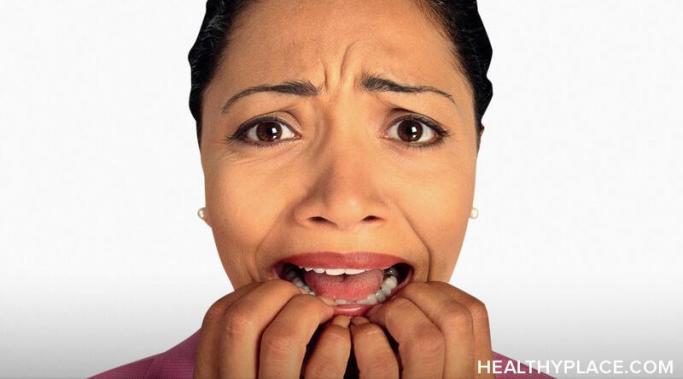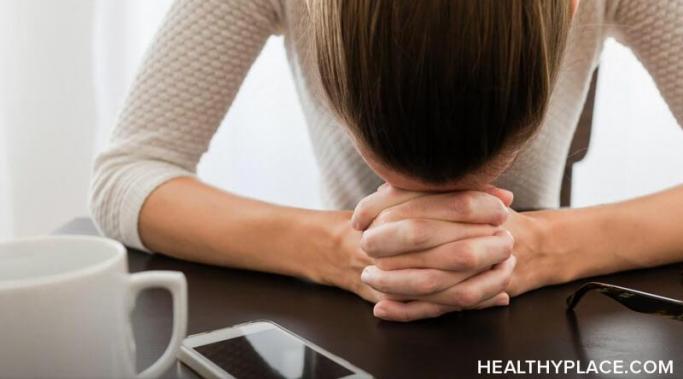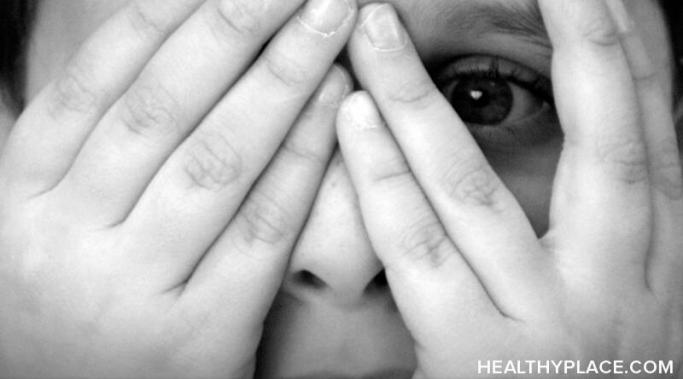When you are chronically anxious, one of the effects you might often deal with is feeling exhausted. Depending on the situation, if I have experienced a very stressful situation, I tend to feel exhausted when my body starts to wind down from the physical effects of stress. And so, I might find myself quite fatigued from anxiety, but at the same time, I might have a hard time sleeping as well, also because of anxiety. So it becomes a cycle of inadequate sleep and anxiety that seems to be never-ending. Then, if I haven't gotten a good night's rest for a long time, what I find is that I deal with the effects of fatigue. This includes having a hard time concentrating and having a hard time focusing. I also find that it affects my memory, and it affects my mood as well. Ultimately, fatigue can affect me in several ways.
Anxiety Symptoms – Treating Anxiety
When I feel anxious, I tend to be very aware of the multiple anxiety symptoms I experience, including struggles with my confidence. However, because anxiety is something I've struggled with for years, this also means that keeping my self-confidence and self-esteem up has been a struggle for me for years as well.
I think one of the most difficult aspects of coping with anxiety is dealing with the fear that is inherent to this experience. While fear and anxiety are not necessarily the same thing, they typically walk alongside one another, and that is why it can be helpful to analyze one in order to understand the other.
One of the things I hear most often from students I work with is that it is hard for them to say "no" to others. It is something that I have also found difficult for my own anxiety, for fear that it can lead to conflict or upsetting someone. So, I will end up with more on my plate than intended, having a hard time managing my time and balancing responsibilities, and feeling anxious because I felt like I was being pulled in several different directions.
One of the things that will often trigger my anxiety is feeling as though there isn't enough time. Lately, I've taken on quite a few tasks. As a result, I've felt the pressure of feeling like there aren't enough hours in the day. When this happens, I start to notice that I feel irritable, that my thoughts race, I have a hard time sleeping, and I feel generally overwhelmed.
Racing, overwhelming thoughts are a common symptom of anxiety, and it can be difficult to deal with them when it feels like they’re spiraling out of control. I know that when I am anxious, I am overcome with anxious thoughts that I try to control but can’t. We often hear about or talk about strategies to control anxiety, including stopping negative thoughts or changing negative thoughts into positive ones. But what happens when you can't control your thoughts?
Struggling with anxiety means often experiencing symptoms unexpectedly, so compartmentalizing anxiety can help. Life does not stop when you experience anxiety. The day goes on, you still have to go to work, go to school, tend to your family, and all of this does not stop when you feel anxious. However, there are coping strategies you can use to help you manage chronic anxiety on a daily basis when you know that life goes on and it is important to focus on the present. During times that this has occurred for me, I have found that it has been helpful for me to compartmentalize my anxious thoughts and feelings.
Dealing with chronic anxiety can be lonely when you feel like others don't understand what you go through. One of the challenges with this is that it can cause you to want to withdraw from others.
When you experience chronic anxiety, it is probably difficult to imagine you could distract yourself from that anxiety. With anxiety, you may find that you become overwhelmed with worry and racing thoughts. This can be difficult when it results in many physical symptoms, such as a racing heart rate, headaches, and stomach problems. It can become even more problematic when it interferes with your daily life, and you find that you are having a hard time concentrating, having a hard time sleeping, or constantly on high alert.
When you struggle with chronic anxiety, it can be hard to confront your triggers. But, anxiety occurs as our body's response to stress that we are experiencing or have experienced. Chronic anxiety means that your body keeps experiencing anxious symptoms, even if the stress is no longer present. Meaning, when you experience chronic anxiety, your body is constantly on high alert.









